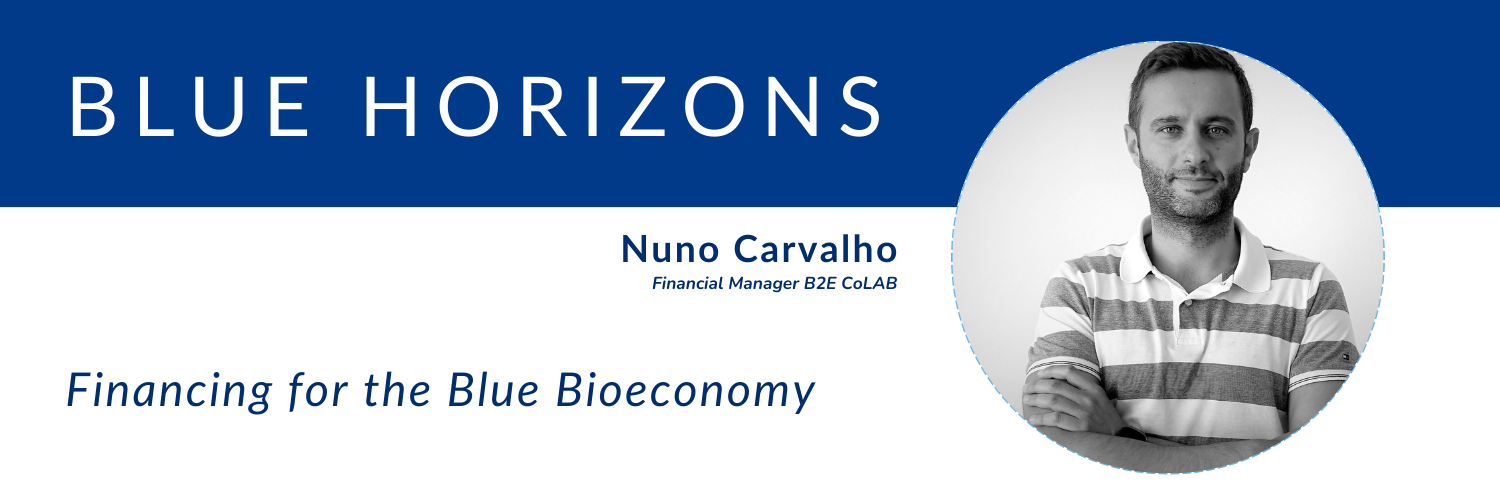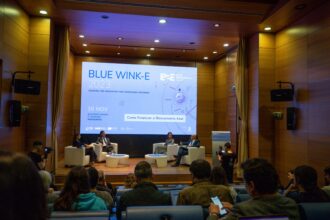Financing for the Blue Bioeconomy
The Blue Bioeconomy sector holds significant importance not only at the national level but also on a European scale. It aims to contribute to a new paradigm of sustainability, food security, decarbonization, innovation, and wealth generation. Through the European Green Deal, the European Commission acknowledges the central role of the Blue Bioeconomy in the fight against climate change.
The Blue Bioeconomy has the potential to create numerous employment opportunities and added value in various areas, including fishing, aquaculture, scientific research, coastal tourism, the production of marine-derived products, robotics, ocean digitization, among others – all of these areas with export potential.
To harness these opportunities, robust, agile, and market-oriented financing is necessary. In the context of the Horizon Europe program, which has a total budget of €95.5 billion for the period 2021-2027, €8.952 billion are allocated to components related to Food, Bioeconomy, Natural Resources, Agriculture, and Environment within the pillar of Global Challenges and European Industrial Competitiveness. Furthermore, in 2023, the Sustainable Blue Economy Partnership was established, co-financed by the Horizon Europe program of the EU, with planned investments of €450 million over 7 years.
Likewise, one of the primary EU financing programs for the blue economy is the European Maritime, Fisheries and Aquaculture Fund (EMFAF), with a total budget for 2021-2027 of €6.108 billion, of which €539 million are designated for Portugal, made available through the Mar 2023 competitions. This program is focused on defined objectives in priority interventions, including the Blue Bioeconomy and Blue Biotechnology, supporting the biotechnological exploitation of non-traditional marine resources, such as macroalgae, microorganisms, and invertebrates, for commercial applications derived from their biomass, as well as the waste and byproducts generated from their processing.
Finally, within the framework of the National Recovery and Resilience Plan (PRR), in the context of the Climate Transition component, a sum of €87 million has been allocated for investments in national coastal infrastructure hubs (new and existing) with access to water, laboratories, test areas, locations for prototyping, scale-up, and industrial development, as well as incubation and business leverage spaces, creating a physical and virtual network platform.
Therefore, the Blue Bioeconomy is increasingly gaining prominence in major European financing programs, and this funding is a key factor for the competitiveness and growth of the sector. This will be the central theme of the Blue Wink-E conference, scheduled for November 30th in Matosinhos. This initiative is promoted by the B2E CoLAB and provides an opportunity to share experiences, solutions, and visions that contribute to the sustainable development of this critical sector.





